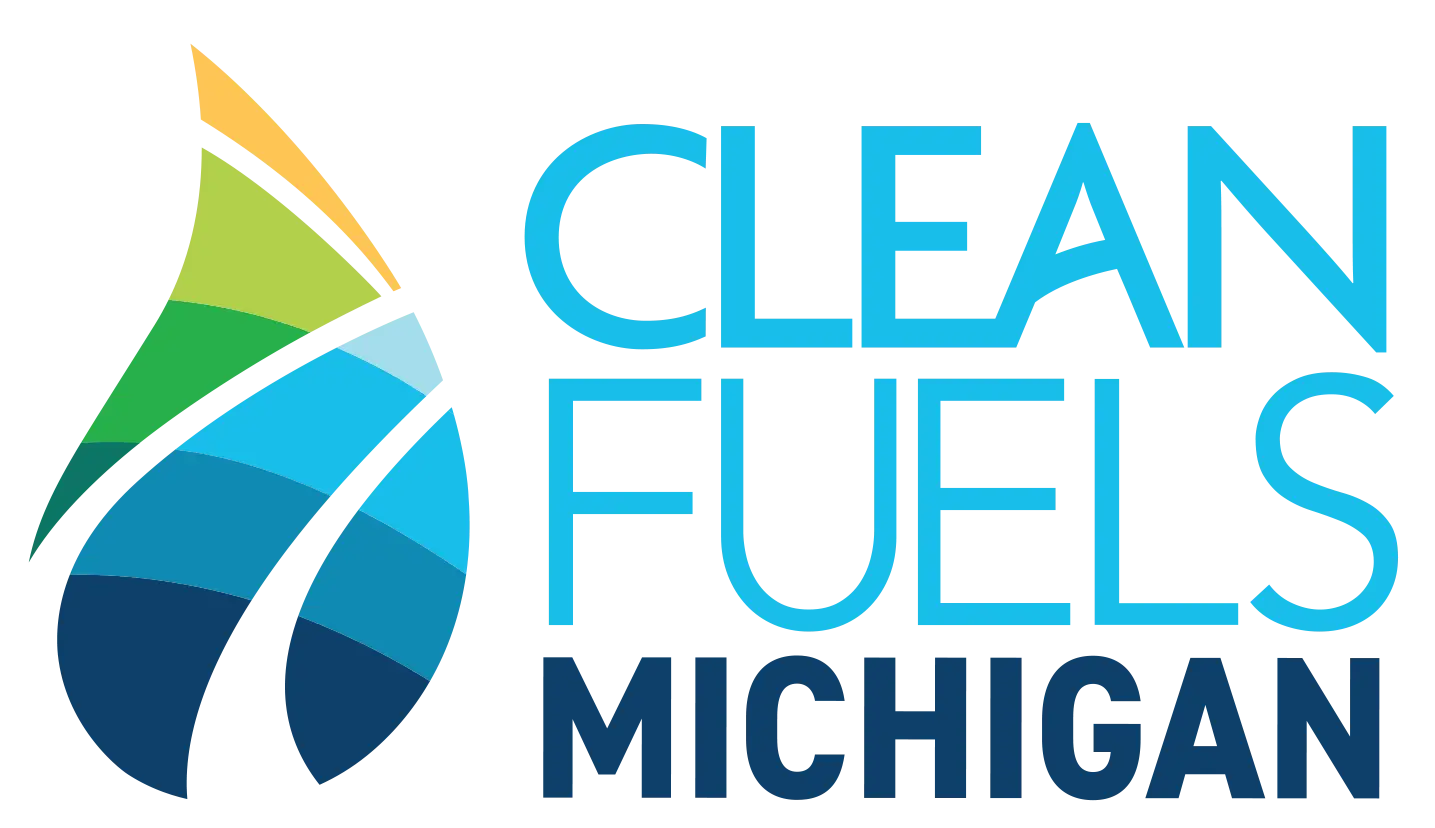LANSING – State Senator Sam Singh (D- District 28) and leading industry organizations have partnered to introduce legislation to implement a Clean Fuel Standard in Michigan, Senate Democrats announced today with the Clean Energy Future Plan.
The Michigan Clean Fuel Standard is a law that would require a reduction of carbon emissions by producers and suppliers of transportation fuels. The policy will increase access to cleaner and lower cost fuels, including EV charging, and will support domestic fuel and energy independence.
“The state of Michigan has the opportunity to lead the Midwest and achieve goals set forth in the MI Healthy Climate Plan and the MI Future Mobility Plan by implementing a Clean Fuel Standard,” said Jane McCurry, Executive Director at Clean Fuels Michigan. “The future is coming, and Michigan must pursue policy solutions that support growth in the clean fuel industries.”
The standard requires reducing the average carbon emissions from transportation fuels over time. Fuels with carbon emissions higher than the standard generate deficits, while fuels below the standard generate credits. Credits have a market value that varies based on the standard and market forces.
The Michigan Clean Fuel Standard Coalition will work with the legislature to implement a clean fuel standard that will adhere to these principles:
- Promote Michigan’s Leadership in Advanced Mobility: Support the creation of good-paying jobs in the clean fuels and advanced automotive industries and elevate Michigan as a leader in the transition to a zero-carbon economy.
- Remain Technology and Fuel-Neutral: Base the policy on lifecycle assessment of a portfolio of clean fuels, including biodiesel, ethanol, renewable natural gas, electricity as a transportation fuel, hydrogen, and other renewable and low-carbon fuels. The policy should follow the best peer-reviewed science and utilize the most rigorous lifecycle emissions modeling.
- Catalyze Innovation in Low Carbon Fuels: Use a performance-based standard to grow low-carbon fuel use and infrastructure with transparency, scale, and fair competition.
- Center Michigan Communities: Target the benefits to Michiganders and Michigan businesses by creating incentives to invest in the state, growing the clean fuel industries, creating good-paying jobs, and reducing pollution affecting public health and water quality in our Great Lakes.
- Build on Existing Policies: Build on existing state and federal fuel, transit & mobility, transportation decarbonization, infrastructure, and greenhouse gas emissions policies rather than seeking to replace existing policies and programs.
- Include Appropriate Safeguards: Identify safeguards and incentives to protect biodiversity, reduce potential land use impacts, consider unintended consequences at scale, safeguard customer privacy, and promote equity.
- Reward Climate-Smart Agricultural Practices: Recognize a variety of voluntary agricultural practices that contribute to the reduced carbon intensity of fuels. Reinforce and complement existing efforts by the agricultural sector to increase the adoption of practices that improve soil health and water quality.
The Coalition is supported by these 41 partner organizations:
| Alliance for Automotive Innovation | Electrification Coalition | MICHauto |
| AmpUp | Electrify America | Michigan Clean Cities |
| Blink | Enel X Way | Michigan EIBC |
| BorgWarner | EV Connect | Noodoe |
| bp pulse | EVgo Services | POET, LLC |
| ChargePoint | EVNoire | Renewable Fuels Association |
| Chargie | FLO | Rivian |
| Clean Energy | FreeWire Technologies | SparkCharge |
| Clean Fuels Michigan | Generate Capital PBC | SWTCH |
| Coalition for Renewable Natural Gas | Generate Upcycle | The Mobility House |
| DC America | Great Plains Institute | Toyota |
| Delta Air Lines | Groen Solutions LLC | WeaveGrid |
| Dunamis Charge | Indigenous Energy | Xeal Energy |
| Ecology Center | MI Air MI Health |
Partner Quotes:
“If Michigan is going to continue leading the automotive industry, we must provide the right economic signals to clean fuels producers, including EV charging providers, and this bill takes an important first step in reaching that attainable goal,” said Cory Bullis, Public Affairs Director at FLO. “FLO is building a cleaner transportation future in Michigan, but we can’t do it alone. The Clean Fuel Standard Coalition brings together organizations and advocates that are committed to diversifying our transportation fuels market.”
“As an EV-only manufacturer, we are committed to accelerating the electric vehicle transition,” said Tom Van Heeke, Senior Policy Advisor at Rivian. “A clean fuel standard would do more than just encourage electric vehicle adoption and reduce emissions–it would provide the scale and certainty for investments driving new manufacturing, innovation, job creation, and sustainable development across Michigan.”
“A Clean Fuel Standard is a market-based policy that not only supports electrification, but further reduces emissions from every vehicle on the road,” said Dan Bowerson, Senior Director of Energy & Environment at the Alliance for Automotive Innovation. “Even with increasing EV goals and more stringent regulations, and the tremendous progress toward electrification, the vast majority of vehicles on the road for the foreseeable future will run on liquid fuels. To get clean liquid fuels in the marketplace, and have an impact, they need to be under development today.”
“Working with government leaders to connect people to a more sustainable future of flight continues to be a key focus of Delta’s sustainability strategy,” said Pam Fletcher, Delta’s Chief Sustainability Officer. “Michigan’s proposed Clean Fuel Standard is a pivotal step toward decarbonizing the transportation industry by increasing access to renewable fuel sources. Delta commends state leaders for coming to the table to accelerate the aviation industry’s path to net zero.”
###
About the Michigan Clean Fuel Standard Coalition
The Michigan Clean Fuel Standard Coalition is a partner effort of 41 companies and growing that support implementing a Clean Fuel Standard in Michigan. For more information, visit standard.cleanfuelsmi.org.

